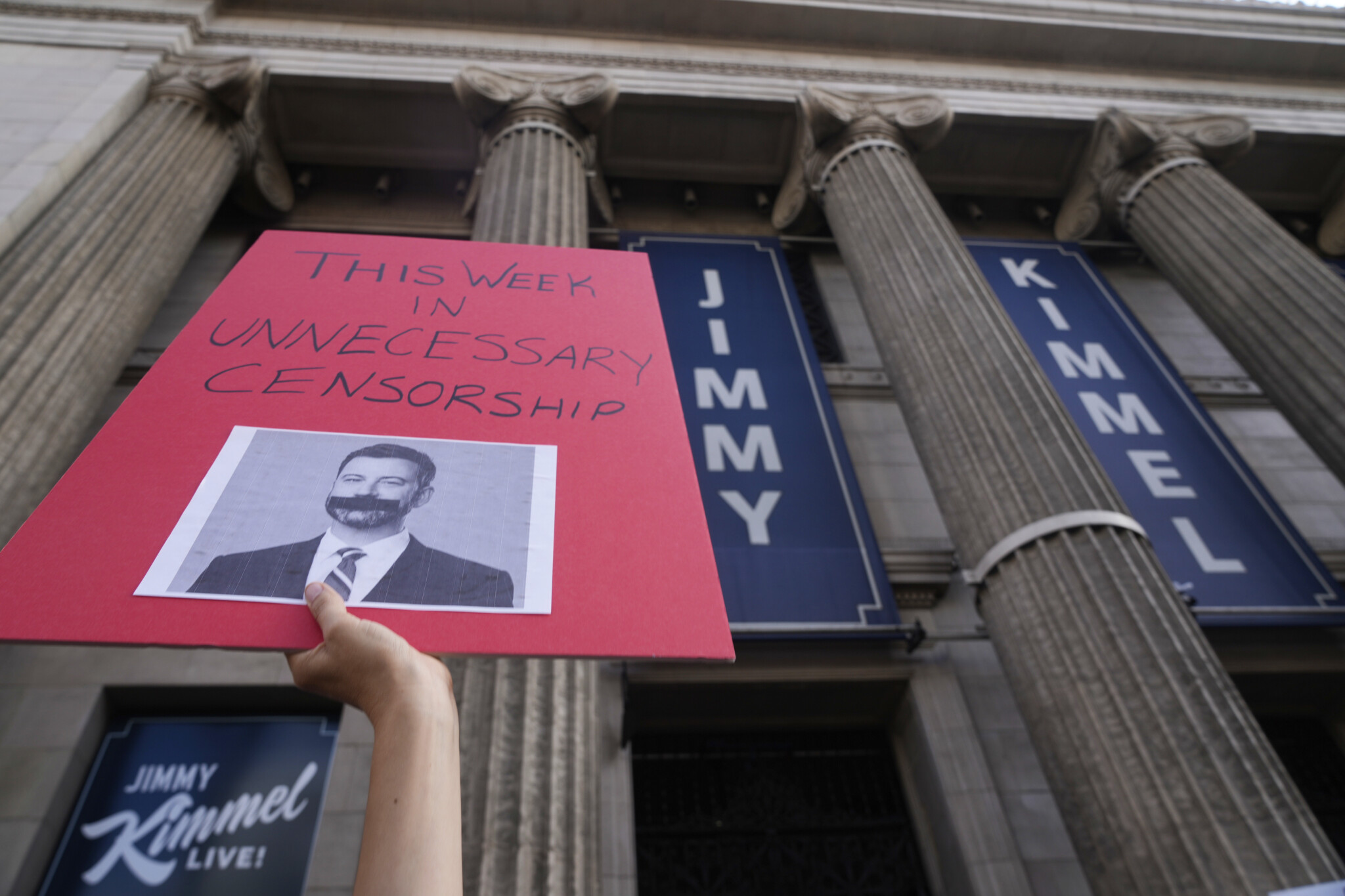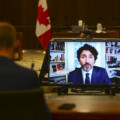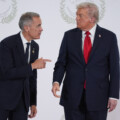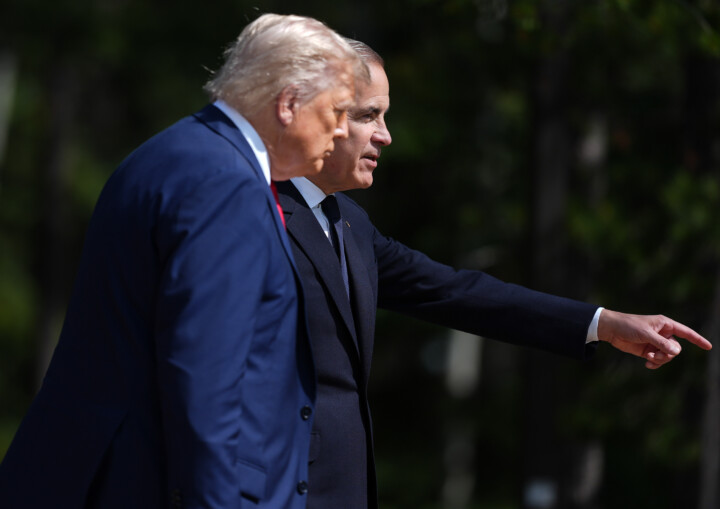Welcome to Need to Know, The Hub’s twice-weekly roundup of expert insights into the biggest economic stories, political news, and policy developments that Hub readers need to be keeping their eyes on.
Canada has its own problem with government control of cultural content
By Sean Speer, The Hub’s editor-at-large
The recent moves by the Trump administration—and in particular, Federal Communications Commissioner Brendan Carr—to dictate what can and cannot be aired on U.S. airwaves have rightly generated fierce backlash from both Left and Right. It’s, in many ways, a textbook example of state overreach.
While it plainly collides with the First Amendment’s expansive speech protections, the issue is broader than constitutional law. It goes to the heart of cultural freedom: government officials reaching into the world of creators and telling them what may be heard, seen, or broadcast.
Canadians watching this episode unfold may be tempted to shake their heads at the excesses of American politics. But we should resist that temptation. We need to reckon with the ways in which our own broadcasting and cultural policies subject content to political judgments and state direction.
The Broadcasting Act has long empowered the CRTC to prescribe what proportion of programming must be Canadian and how it’s defined. The recent Online Streaming Act expanded these authorities to give the CRTC sweeping new powers to regulate what content must be made available on digital platforms.
While these rules aren’t policing for partisan expression as we’ve seen in the United States, they’re still a form of government control over cultural content. They amount to the state positioning itself between broadcasters and creators on the one hand and their audiences on the other.
This model assumes that cultural diktats from Ottawa ought to trump (pun intended) the preferences of individual Canadians. And it requires broadcasters and creators to abide by these state directives as a condition of license or even the risk of fines.
This use of heavy-handed quotas, licensing requirements, and regulatory edicts is bad for creators and consumers alike. They substitute bureaucratic judgment for individual choice, and political preference for market signals. In so doing, they risk distorting both the economics of Canadian media and the organic process of cultural creation.
The backlash against the FCC’s overreach is thus a reminder that free societies should leave cultural content in the hands of creators and consumers rather than the government.
Bureaucratic bloat in B.C.’s Health-care system
By Bacchus Barua, research director at SecondStreet.org, a Canadian think tank.
Ask any British Columbian if they want their tax dollars spent on hiring doctors or bureaucrats, and the answer is obvious (unless they’re a bureaucrat). And so, it’s encouraging that British Columbia’s minister of health, Josie Osborne, was tasked with reducing “the cost of administration of the health-care system to focus resources on the front line.”
While the systemic issues that plague B.C.’s health-care system will require more significant reform, this directive deserves applause for two reasons: It acknowledged health-care dollars were not flowing where needed most, and it resulted in action.A formal review of spending by health authorities has already “cut more than 50 staff and eliminated more than 60 vacant positions.”
But how significant is administrative spending?









